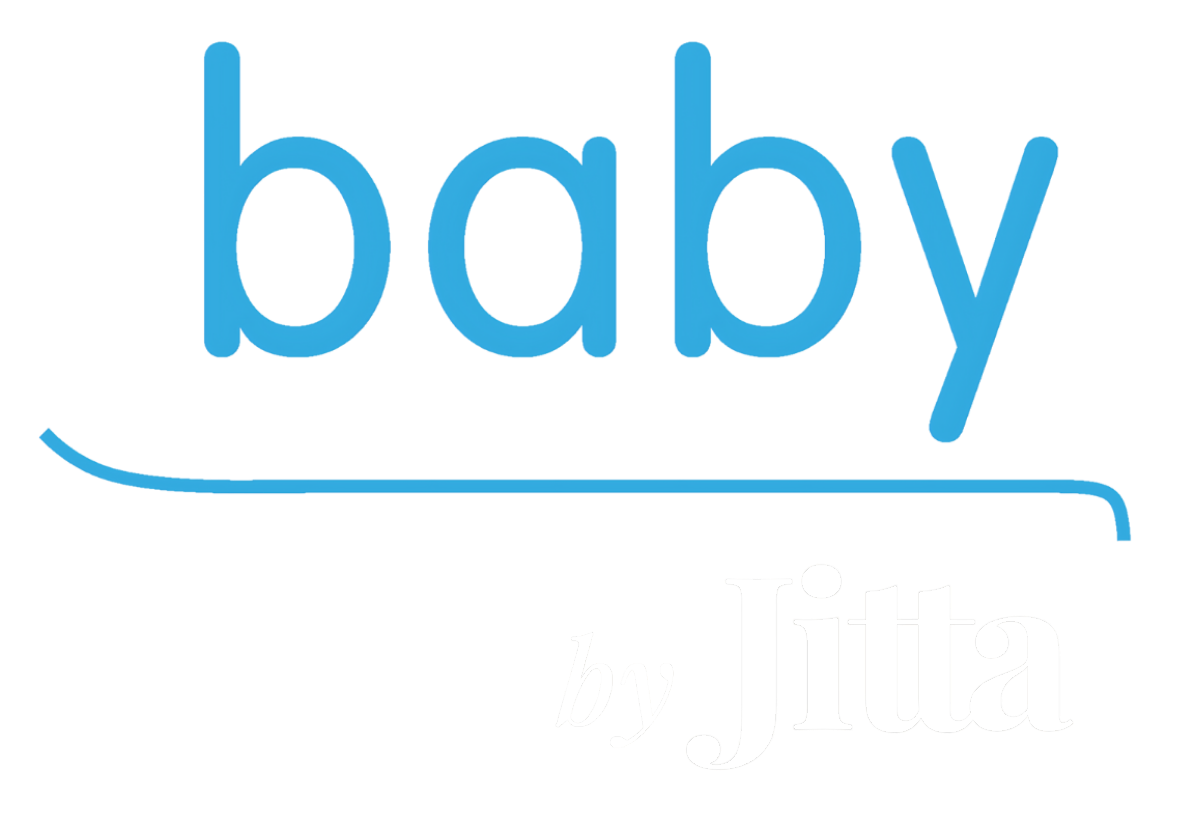Disclaimer: As a Singaporean, rice is a staple food that I grew up eating and have always loved.

I heard arsenic is present in rice, is that true?
Arsenic is a trace element naturally present in our environment. It is divided into two groups: organic and inorganic arsenic.
Unfortunately, rice and rice-based products contain inorganic arsenic, which is the more toxic form.Which grain has the highest arsenic level?
Brown rice has the highest inorganic arsenic level as compared to other grains such as white or wild rice because it contains the bran, the outer layer of the grain.
Should I avoid feeding my baby rice products such as brown rice?
Not necessarily! Brown rice is a healthier option because it has a higher amount of vitamins, minerals and fibre. While it is okay to feed your baby rice products, avoid rice-based beverages as a main milk substitute to children under 2 years of age.
What should I do to reduce exposure to arsenic?
Arsenic is a common element present in soil and water. Being exposed to it does not mean that our bodies will be harmed. Reduce your exposure today by using these suggestions from the Singapore Food Agency!
• Give your baby a healthy diet with a variety of foods, such as oats, barley and quinoa.
In conclusion, rice cereal can be a good option for introducing solid foods to your baby, but it is important to be aware of the potential risks and benefits. Consider alternatives and always read labels carefully to make the best choice for your little one's health.
Sources:
- Brown Rice for Babies: Age, Benefits, Best Preparations (healthline.com)
- Baby’s First Year: Go Steady With Solids (healthhub.sg)
- Feeding Your Baby Solid Food: Baby's First Food Journey (healthhub.sg)
- SFA | Arsenic in rice and infant rice cereal



